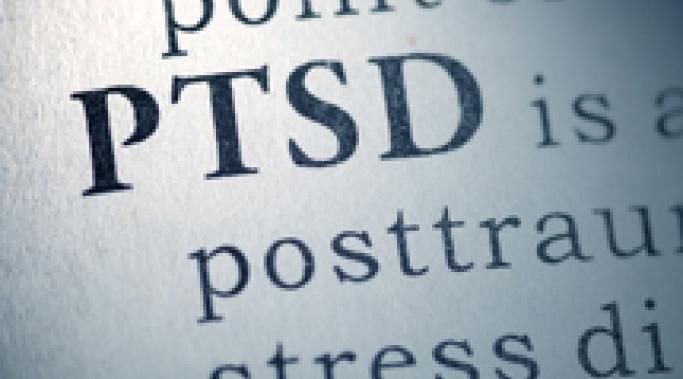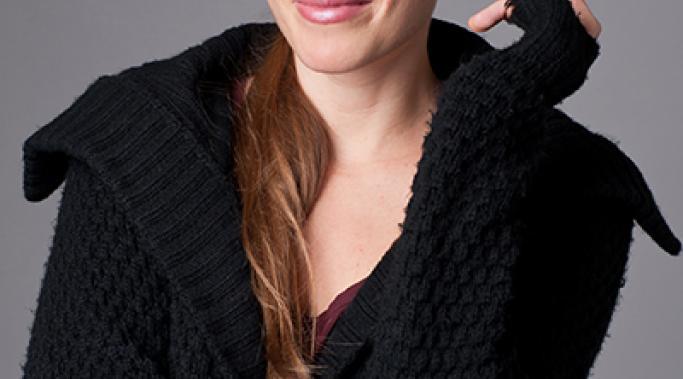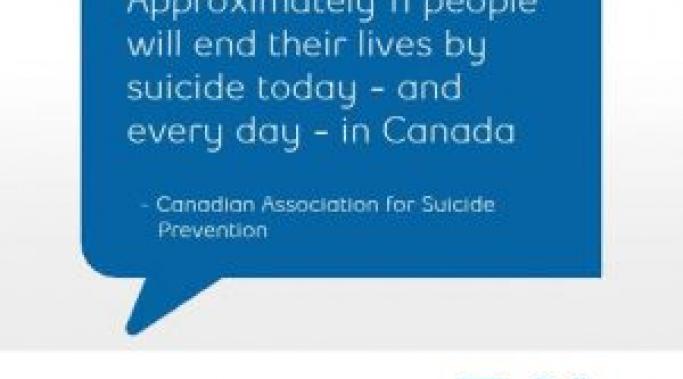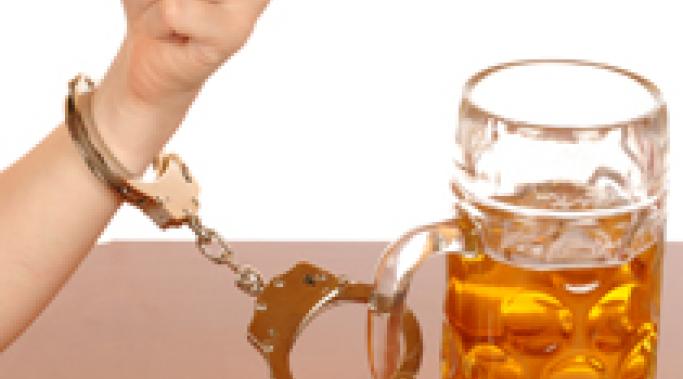Blogs
Like it or not, social media is a part of life, and you may as well use it to your advantage. You can use social media to build self-esteem. You hear of many people avoiding social media altogether because it messes with your confidence. While that can be true, social media does have some value, and there can be benefits from using it in a healthy way and in moderation. In a world when most people are using social media, you can feel disconnected if you don’t use it at all. Additionally, avoidance doesn’t help with self-esteem issues. Instead, you can learn to use social media to build self-esteem.
There are three things Sarah Palin needs to know about posttraumatic stress disorder (PTSD). Palin showed her amazing ignorance about PTSD when she blamed President Obama for her son Track's PTSD. Palin said Track's recent domestic violence arrest was due to PTSD, and as horrible as that is, it could be true. However, Palin's "party of personal responsibility" is shifting the blame from themselves (Republicans have blocked every veterans' mental health bill and every mental health bill in general) to people who have nothing to do with it. So here are three things Sarah Palin--and every politician gutting our mental health system--needs to know about PTSD.
For those in addiction recovery who have misophonia, attending recovery meetings is fraught with complications. They say "meeting makers make it," but what if you spend the whole meeting obsessing over coffee slurping, cookie munching or loud breathing? Misophonia and addiction recovery meetings can be a problem (Noise Sensitivity: When The World is Too Loud).
Aloha. I’m Z Zoccolante, an author, actress, fairytale dreamer, born and raised on the island of Oahu, Hawaii. I’m excited to be joining the writing team on Surviving ED. My eating disordered past began with anorexia the summer I was 15, and shifted to bulimia soon after. Anorexia brought crippling anxiety, while bulimia sunk me into depression. On the outside I smiled, but for 11 years the voice of my eating disorder ruled my internal world like a vicious dictator. Although I wanted to be free and happy, I was terrified that getting help meant getting fat. Through recovery I realized that the eating disorder had me believing lies. Today, I live recovered from all eating disordered thoughts and patterns, and food is a non-issue. I fully believe complete eating disorder recovery is possible. I know the recovery journey because I’ve battled it, on my terms, and emerged on the other side. I’m fully recovered and I’m committed to helping others fully recover and get their lives back.
Antidepressants can help people going through a variety of mental health challenges and illnesses and you can come off antidepressants safely and without fear. Some people can remain on them for months and sometimes years. In some cases, the antidepressant medication can be temporary. Once feeling well and strong again, it's up to the individual to decide when, and if, they want to stop taking the medication. However, although the individual can be well enough, it can become too daunting to stop the medication just in case he or she slips back into the headspace they were in when starting it (My Depression Feels Unreal). This is certainly the case with me. In this video I express my thoughts and fears about antidepressants and how I want to come off antidepressants safely and without fear, eventually.
Eye movement desensitization and reprocessing (EMDR) therapy is a posttraumatic stress disorder treatment. Treatment for posttraumatic stress disorder (PTSD) can be as varied as the types of trauma that causes it, and what works for one person may not be what works for another. In my experience with PTSD recovery, I found relief from my symptoms with eye movement desensitization and reprocessing (EMDR) therapy. EMDR is a powerful and effective PTSD therapy that helps the brain to reprocess past traumas differently, relieving the PTSD sufferer from often debilitating symptoms like flashbacks, nightmares and panic attacks.
You can use social media to combat mental health stigma. In today’s day and age, the Internet provides us with memes, cat videos, celebrity news, and Facebook plus other social media platforms, among other things. A lot of people would scoff and say some people spend too much time online and not enough time interacting with others. I can agree with this to some degree – that we see more online interaction than face-to-face interaction sometimes – but I think people who demonize the Internet are failing to see the amount of good it can do if we use social media to combat mental health stigma.
When you have binge eating disorder, one of the ways your disorder manifests might be through keeping binge eating disorder a secret. Sometimes it's keeping your eating hidden, other times it might take more deceptive forms, including outright lying about what you've eaten, when or how much. It's important to realize that keeping secrets can be part of binge eating disorder and needs to be addressed with a medical professional.
Avoidance and agoraphobia come from fear, and they involve someone removing him/herself from a problematic situation. Neither avoidance nor agoraphobia is a sign of failure or weakness. They're coping mechanisms. Why do people avoid anxiety-provoking or otherwise uncomfortable situations, and more, why do they develop agoraphobia? Some myths and stereotypes say that people living with agoraphobia are weak or lazy, failures at various things (Fear and Anxiety; The Meaning of Fear). Here’s why that’s wrong.
There are three things I wish I knew about alcoholism before entering treatment. Maybe if I'd known these three things about alcoholism sooner, I would have realized I had a problem and entered treatment sooner and spared myself a lot of pain. But I'm an alcoholic, and most of my lessons I learned the hard way. So here are three things I wish I knew about alcoholism; may you learn from my thick-headedness.









